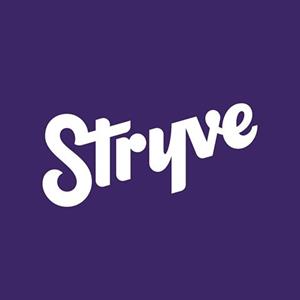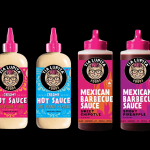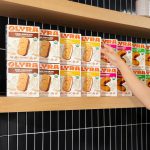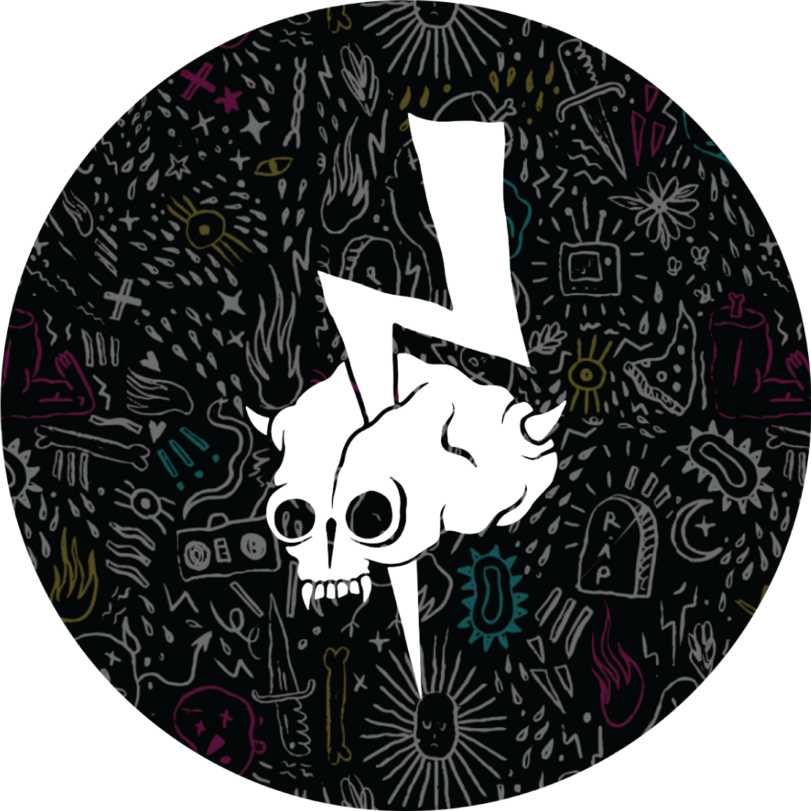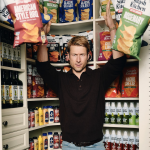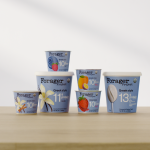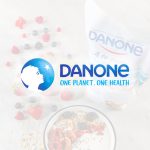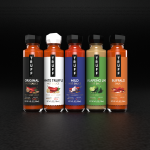Stryve Brings on Seasoned Exec as New CEO
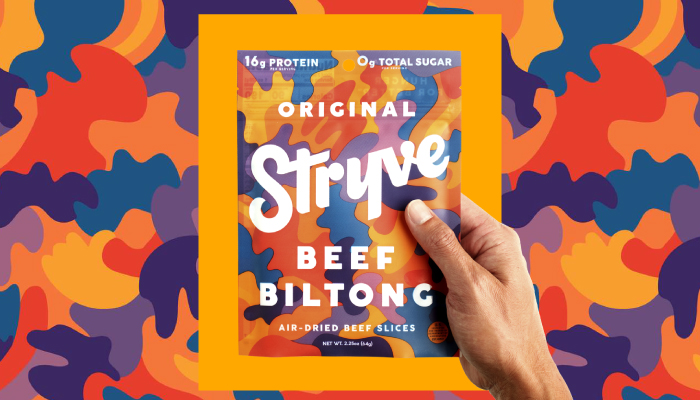
Meat snack brand Stryve has added CPG executive Christopher Boever as CEO, replacing co-founder Joe Oblas, who will transition to Chief Growth Officer. The news, which was announced last week, comes as the now publicly traded company tries to deepen its hold in the meat snack category, further build out a sub brand and fight back against rising ingredient and operations costs.
“I never aspired to be the CEO,” Oblas said of the change. “I’ve always been working toward a succession plan to bring in a strong manager to lead the company once we achieved a certain size.”
The producer of the Stryve, Kalahari and Vacadillos brands of meat snacks, the company was previously run by Oblas and Jaxie Alt, who held co-CEO roles. Alt, who also was the company’s CMO, departed last October. Oblas said the company pivoted from having co-CEOs once it became a publicly traded company and needed “a clear leader to call the shots.”
Boever most recently held the role of chief commercial officer at Hain Celestial, where he focused on driving sales and the company’s innovation pipeline. His resume also includes executive leadership roles at other large companies, including Pinnacle Foods, ConAgra Foods and Hormel.
“I am excited to be a part of the Stryve team. They have created customer and consumer solutions that [are] bringing new users into an already high growth category,” he said. “The team is passionate, the brands are exceptional and the future is bright….[these are] excellent brands that are on trend, taste great [and have] with tremendous upside.”
Oblas, former co-founder and COO of supplement brand ProSupps, went on to co-found Stryve in 2017 alongside Ted Casey, now company chairman. Under the new leadership structure, Oblas will focus on new product innovation.
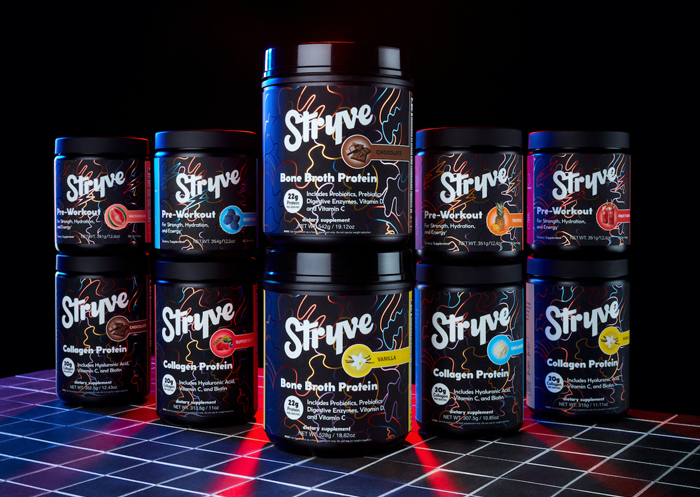
Over the last five years, Stryve has focused on becoming the top purveyor of biltong, a dried meat snack originating in South Africa. The company made inroads in the market by building or acquiring the vast majority of the U.S. biltong production facilities. Its 2018 acquisition of D2C brand Braaitime gave Stryve one of its original two biltong production plants, while its 2020 pickup of Kalahari offered the brand a jump into the natural channel.
Stryve went public via a merger with a SPAC, or blank check company, in July 2021. Though the goal was to build out biltong offerings before heading into adjacent snacking categories, Stryve made a slight detour for its first sub-brand, Stryve Nutrition. The sub-brand debuted with a collagen protein powder and bone broth protein powder last year, and has since launched a pre-workout powder and plans to roll out a gummy supplement later this year.
In an email interview, Oblas stressed that though Stryve has nutritional products, “we are a snacking company” at heart. While the company is still devoting resources to Stryve Nutrition, Oblas said it will pause plans to move into new snacking categories.
“Strategically, a lot of the plans we laid forth were before all of the craziness in the marketplace, rising costs, inflation, supply chain, etc,” Oblas said. “What it’s shown us is that we have the ability to not only build, but dominate a category and be really good at what we’re best at. And that’s our focus for the time being.”
The brand initially began trading on the NASDAQ at $10.26 per share last summer; it has since dropped to $1.28, as of press time. On the company’s second quarter earnings call last month, Stryve reported net sales of $7.4 million, up 8.6% from $6.8 million versus the year-ago quarter, but operating with a net loss of $7.3 million. Oblas told analysts that Stryve was “on a path to profitability,” and in its next phase of growth would focus on a balanced growth strategy.
“Our ability to manage growth prudently and not by sales is a key to our ultimate success. This gets us to the root of our ability to manage this business and develop systems and processes for sustainable growth,” Oblas said on the call. “Speed versus sustainability should not be a choice. Rather, speed plus sustainability is the goal. We must be ready to evolve and transition as the business grows.”
